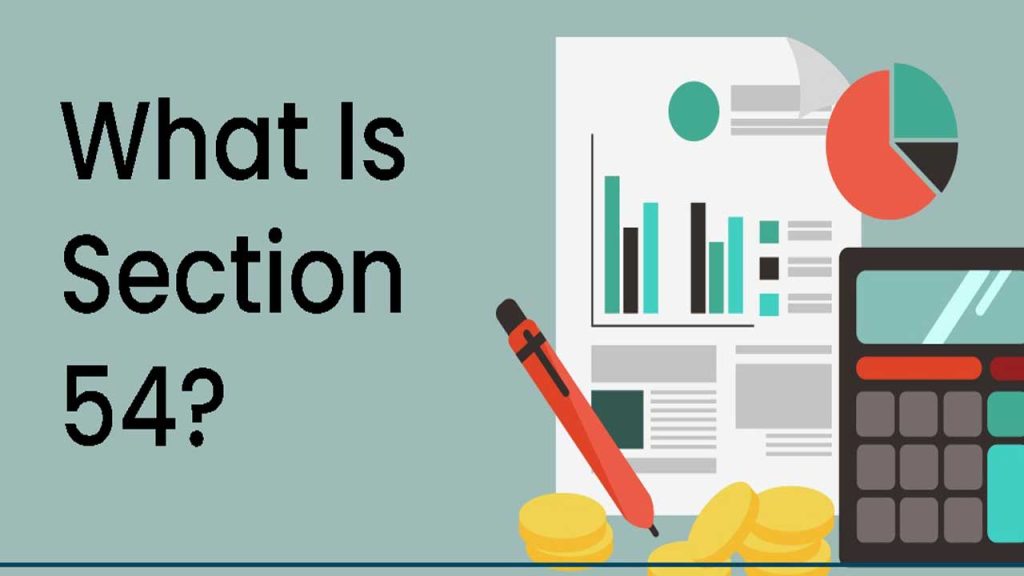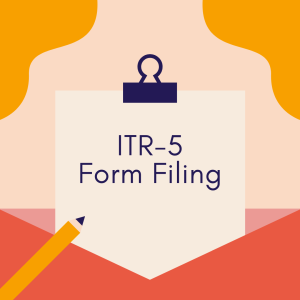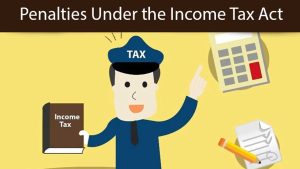Section 54 – First, let us grasp which part of the revenue is taxable on the sale of the property. Is that the full value earned from the selling of the property? The response to that is NO. Simply put, it is just the benefit received by the individual from the selling of the land that is taxable. Profit is the difference between the purchase price and the cost of the asset.
The selling of a residential building is the sale of a fixed asset and the benefit is taxed as just a capital gain. The concept of capital assets u/s 2(14) of the Income Tax Act covers the property of any kind, whether movable or immovable, tangible or intangible, owned by the assessee for just about any intent.

What are the advantages of an asset being listed as a long-term capital asset?
The key advantage of the asset becoming known as a long-term capital asset would be that the assessee is liable for indexation. In addition, these provisions are only qualified for long-term capital assets.
Section 54 – Exemption
As per section 54 of the Income Tax Act, a person or HUF trying to sell a residential property can make use of capital gains tax exemptions if capital gains are spent in the acquisition or development of a residential property. Taxpayers like partnerships, LLPs, corporations and any other organization or body do not apply for a tax exemption u/s 54.
The requirements which need to be fulfilled in able to profit from the advantage of the said segment are as follows.
- Assets should be listed as long-term capital assets.
- The asset sold is indeed a Residential House. Profits from a house like Income from House Property can be charged.
- The seller must buy a house either 1 year prior to the period of sale/transfer or 2 years after the period of sale/transfer. In the event that the seller builds a home, the seller has a prolonged period of time i.e the seller would have to build a house under 3 years from the date of sale/transfer. In the event of a mandatory purchase, the time of acquisition or creation shall be set from the date of receipt of the payment
- The next residential house is supposed to be in India. The purchaser may not buy or purchase a home overseas and may not apply for an exception.
- The conditions set out above are aggregate. Thus, even though one condition is not satisfied, the seller cannot profit from the exception provided for in Section 54.
- With impact from the AY 2020-21 relating to FY 2019-20, an exemption from capital gain is applicable for the acquisition of 2 residential properties in India. The exception is, nevertheless, subject to a capital gain not above ₹2 crores. Furthermore, the exemption is only valid once during the lifetime of the vendor.
Office guide – Income Tax Department



